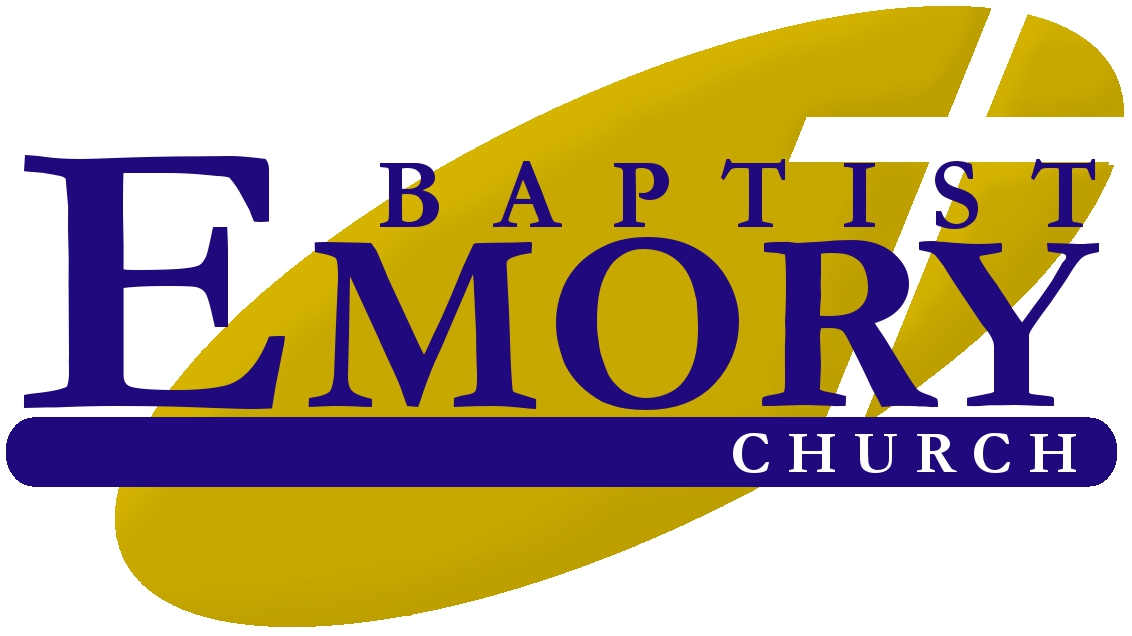Episodes

Monday Jul 27, 2020
The People's Court
Monday Jul 27, 2020
Monday Jul 27, 2020
We have come to the end of Mark 14, and it is in earliest hours of Friday morning, the Friday that Jesus was crucified. Most commentators think our text is set between 1 and 3 AM.
Remember that Jesus was in spending His nights in Bethany and His days in Jerusalem all week long. On Thursday night, He was at John Mark’s house with His disciples observing the Passover meal and introducing the Lord’s Supper.
He then took His disciples with Him to the Garden of Gethsemane to pray. It was there that Judas betrayed Him, and He was arrested and taken away.
We now pick up the story in Mark 14:53 in a message entitled, “The People’s Court.” I want us to make three observations: the Jews lied, Jesus testified, and Peter cried.
- The Jews Lied, Mark 14:53-59.
53 And they led Jesus away to the high priest; and with him were assembled all the chief priests, the elders, and the scribes. 54 But Peter followed Him at a distance, right into the courtyard of the high priest. And he sat with the servants and warmed himself at the fire. 55 Now the chief priests and all the council sought testimony against Jesus to put Him to death, but found none. 56 For many bore false witness against Him, but their testimonies did not agree. 57 Then some rose up and bore false witness against Him, saying, 58 “We heard Him say, ‘I will destroy this temple made with hands, and within three days I will build another made without hands.’” 59 But not even then did their testimony agree.
In these first two verses, Mark used a familiar writing technique when he bracketed or sandwiched two events that happening simultaneously. In verse 53, we see Jesus’ first trial. It was His religious trial. It would be followed by a political trial.
Jesus’ accusers included the high priest, the chief priests, the elders, and the scribes. In other words, these were the Jewish Sanhedrin.
Why would they have a trial at 2 AM Friday morning? It was not formal, but since He had just been arrested, they felt the need for an immediate hearing. Second, the Romans held their trials shortly after dawn so they needed to act quickly. Third, they didn’t want to risk releasing Him and having to arrest Him again.
Mark 14:54 tells us about Peter. He followed Jesus at a distance. I wouldn’t make much of that language other than Peter had temporarily lost his courage in following Jesus.
Also, keep in mind this isn’t derogatory language as it probably came Peter. We’ll come back to him in verse 66.
The Sanhedrin or the Council tried desperately to line up their witness to testify of Jesus’ blasphemy, but to no avail. Notice the repeated results of verses 55, 56, and 59.
They even presented something Jesus said in John 2:19. However, that didn’t even stand up according to verse 59.
John 2:19-21, 19 Jesus answered and said to them, “Destroy this temple, and in three days I will raise it up.” 20 Then the Jews said, “It has taken forty-six years to build this temple, and will You raise it up in three days?” 21 But He was speaking of the temple of His body.
- Jesus Testified, Mark 14:60-65.
60 And the high priest stood up in the midst and asked Jesus, saying, “Do You answer nothing? What is it these men testify against You?” 61 But He kept silent and answered nothing. Again the high priest asked Him, saying to Him, “Are You the Christ, the Son of the Blessed?” 62 Jesus said, “I am. And you will see the Son of Man sitting at the right hand of the Power, and coming with the clouds of heaven.” 63 Then the high priest tore his clothes and said, “What further need do we have of witnesses? 64 You have heard the blasphemy! What do you think?” And they all condemned Him to be deserving of death. 65 Then some began to spit on Him, and to blindfold Him, and to beat Him, and to say to Him, “Prophesy!” And the officers struck Him with the palms of their hands.
Matthew’s gospel tells us that this high priest was Joseph Caiaphas, and his first round of questions begin in verse 60. Jesus first responded with silence.
Then his second round of questioning is found in verse 61. “Are You the Christ, the Son of the Blessed One?” He wanted to know if Jesus was the Messiah and also the Son of God.
Jesus answered in verse 62. He testified unequivocally, “I AM is here.” He was claiming without any hesitation or reservation that He was both Messiah and God. Certainly, His accusers remembered Jehovah’s words to Moses in Exodus 3:14, “I AM has sent me to you.”
Then Jesus combined Psalm 110:1 and Daniel 7:13. In effect, He was saying, “You’re judging Me now, but I will judge you soon.”
His response created chaos. Caiaphas tore his clothes and pronounced Jesus guilty of blasphemy. All of the Sanhedrin present unanimously agreed, and they began to spit on Him, and blindfolded Him, and beat Him.
By the way, please notice I qualified the end of verse 64. The translation is somewhat misleading. We know that Nicodemus and Joseph of Arimathea would not have voted in such a way.
While all of this is going on, our last event was happening simultaneously outside.
- Peter Cried, Mark 14:66-72.
66 Now as Peter was below in the courtyard, one of the servant girls of the high priest came. 67 And when she saw Peter warming himself, she looked at him and said, “You also were with Jesus of Nazareth.” 68 But he denied it, saying, “I neither know nor understand what you are saying.” And he went out on the porch, and a rooster crowed. 69 And the servant girl saw him again, and began to say to those who stood by, “This is one of them.” 70 But he denied it again. And a little later those who stood by said to Peter again, “Surely you are one of them; for you are a Galilean, and your speech shows it.” 71 Then he began to curse and swear, “I do not know this Man of whom you speak!” 72 A second time the rooster crowed. Then Peter called to mind the word that Jesus had said to him, “Before the rooster crows twice, you will deny Me three times.” And when he thought about it, he wept.
In these last verses, we see that while Jesus was being tried in the people’s court by the Jewish Religious leaders, Peter was denying Him three times.
In Mark 14:66-68, Peter was accused by one of the servant girls of being with Jesus. Notice the use of the word “also” in the girl’s statement. According to John 18, John was with Peter at this time.
Peter denied it. At the end of this verse, Mark tells us that a rooster crowed.
Why is that significant? Remember 14:30.
30 Jesus said to him, “Assuredly, I say to you that today, even this night, before the rooster crows twice, you will deny Me three times.”
In Mark 14:69-70, again, the servant girl claimed that Peter was one of Jesus’ followers. Again, he denied it.
For a third time, look at Mark 14:70-72. Some of the bystanders began to accuse Peter. They accused Him of being one of Jesus’ followers and from despicable Galilee.
However, Peter began to curse and swear. This does not mean that Peter used profanity. Instead, He said something like this, “I swear to you I am telling the truth, and if I am not telling you the truth then may the curses of God come down on my head.”
As soon as his final word left his mouth, the rooster crowed a second time. According to Luke 22:61, Jesus and Peter made eye contact, and then Peter remembered what Jesus had said as they were walking to the Garden of Gethsemane earlier that night, “Before the rooster crows twice, you will deny Me three times.”
Peter’s heart was broken. He was crushed, and he wept or cried because He had betrayed his Master.
Applications/Conclusions
First, don’t be a Peter and deny Jesus. However, I’m not talking about with your words. I’m talking about actions. Don’t deny Jesus in the way you talk to your wife or the way you mock your husband. Don’t deny Jesus in the way you raise your children to believe that the lake and sports is more important on Sunday than church. Don’t deny Jesus at work with your co-workers in how you treat them or your lack of respect for your boss.
However, if you are, don’t forget that Peter was restored, and you can be too. This is the same Peter who all throughout the book of Acts is preaching and performing miracles and doing great and mighty things in the first church for the glory of Christ.
Second, be like Jesus in handling criticism. He didn’t always speak and legitimize complaints. However, He did speak to affirm the truth that He was God. Ultimately, He trusted God to fight His battles.
Third, make no mistake about it. Jesus was then and is now the only Son of God and the only way to be at peace with the Father.
If you don’t know Him today, I would love to introduce Him to you as you call on Him to save you and receive forgiveness of sins, heaven, and eternal life.


No comments yet. Be the first to say something!